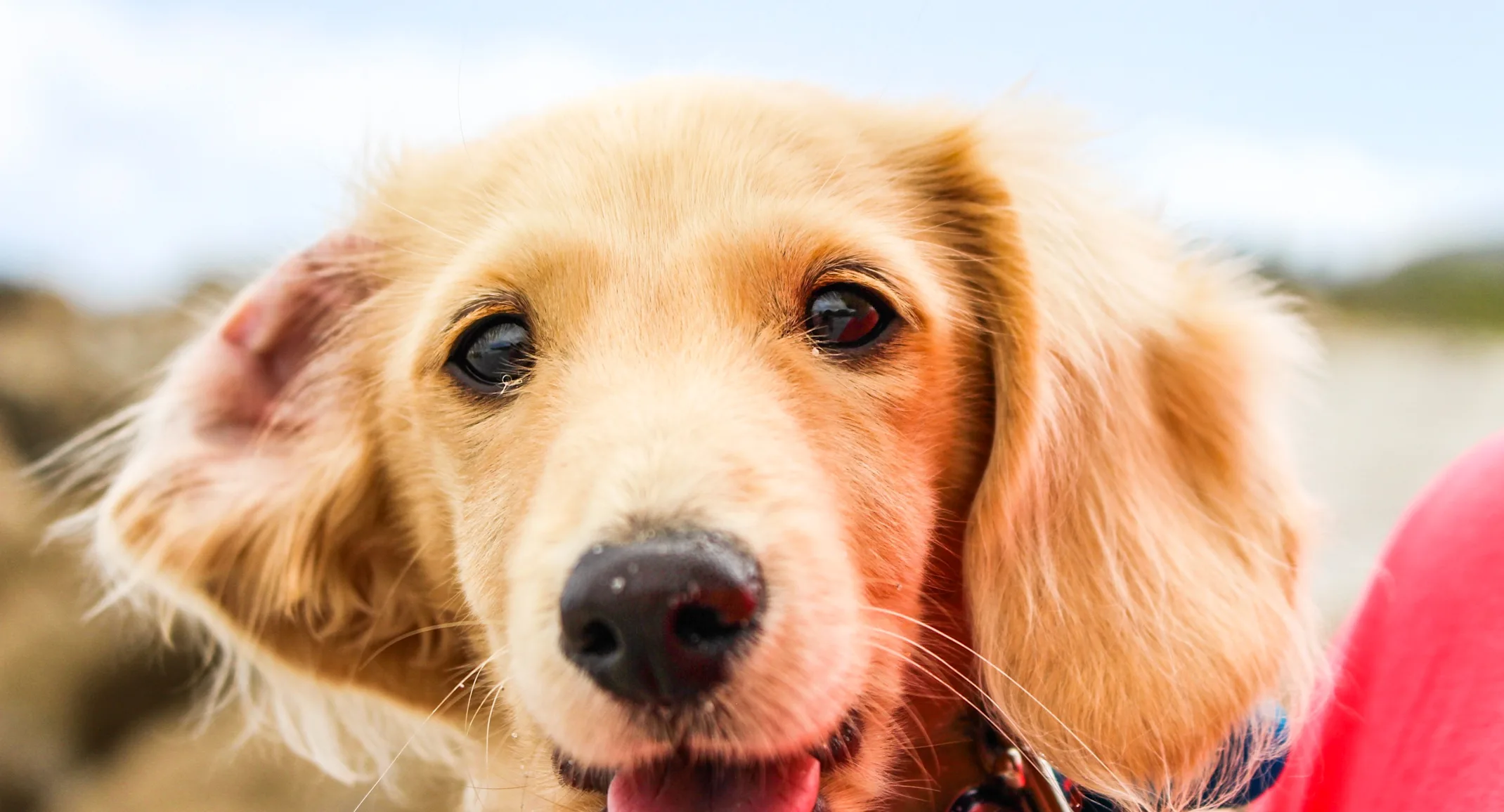Why do Dogs Shed?
Dogs

Why do dogs shed?
Shedding happens so that the new, healthier hair that will make up your dog’s coat can come in. Every single breed of dog, with the exception of completely hairless varieties, will shed, but how much they shed can vary hugely.
Light Shedders
Some of the breeds that are considered to be light shedders include:
Bichon Frise
Dachshund
Maltese
Poodle
The majority of terriers
Although these breeds shed the least, they usually require significantly more grooming. This is because their hair falls out at a slower rate, leaving them prone to matting.
Moderate Shedders
Breeds that are considered to have moderate shedding include:
Akita
American English Coonhound
Beagle
Chihuahua
Dalmatian
Rottweiler
Most varieties of Spaniel
Heavy Shedders
Dog breeds that are best known for shedding heavily include:
Alaskan Mamalute
German Shepherd
Labrador
Pomeranian
Pug
Siberian Husky
Can shedding be prevented?
Unfortunately, no, shedding cannot and should not be prevented, as it is a natural part of your dog’s life. However, it can be effectively managed to minimize the disruption and inconvenience that it may cause, and help keep your dog happy and healthy.
Regular Brushing
Regular brushing is the single most important thing that you can do to help your dog to shed the hair that he needs to, and to keep the existing hair healthy and tangle-free. If you have a moderate to heavy shedder, you should try and make the time to brush him daily. This will help you to control where the hair is being shed, meaning you can catch most of it on the brush before it attaches to the couch, carpets, and your clothes. Most dogs enjoy being brushed, and it can stimulate blood flow to the skin which is good for your pet’s health.
Good Nutrition
Good nutrition is very important to ensure your pet’s coat is in great condition and can help to prevent any over-shedding, which is commonly seen in dogs that are fed with a very poor quality diet. Feed your dog a diet that is high in protein and low on grains and fillers. You can also purchase supplements of Zinc, Omega 3, and 6, all of which are vital nutrition for a healthy coat.
Regular Veterinary Visits
There are also some medical conditions that can cause excessive sheddings, such as a ringworm infestation, skin infection, or cancer. Stress is also a major contributor to an increase in shedding, and bitches who have recently given birth may also shed substantially more in the weeks after their puppies have been born. A regular visit to your veterinarian can mean that any potential health complications are spotted and treated before they can progress.
A dog’s coat can be a massive indicator of the quality of their life and their overall health. When taking on a canine companion, ensure that you choose a breed that fits best with your lifestyle so that shedding maintenance doesn’t become a low priority.

